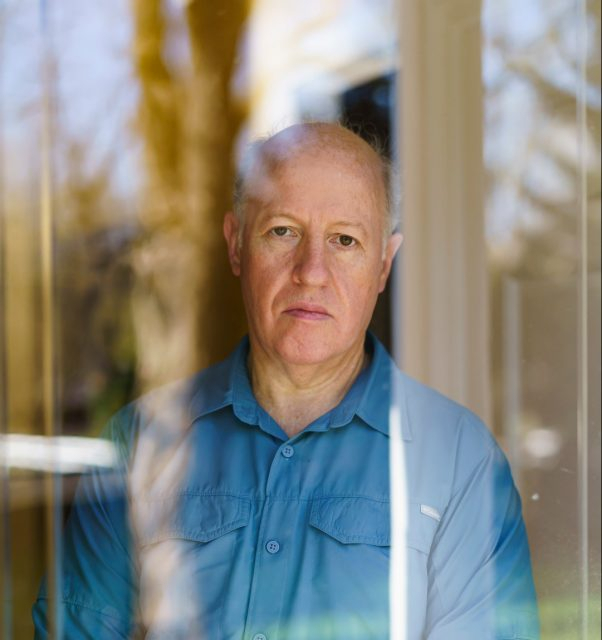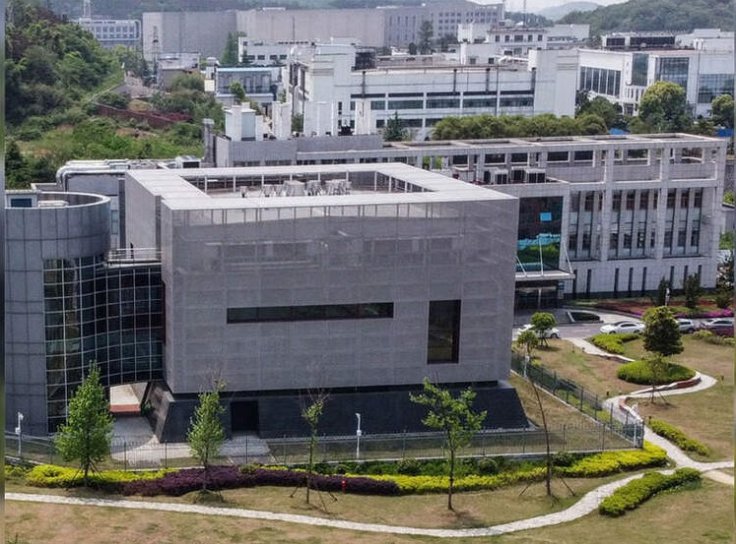Peter Daszak has come into the focus once again after the WHO commission that included him published its findings on the Covid-19 pandemic. While the team said that the COVID-19 outbreak almost certainly did not start in a Chinese lab, reports alleged that Daszak was funded by the Chinese government and worked at the controversial Wuhan lab.
Such claims were made after the British-born American scientist said on Twitter that US President Joe Biden "has to look tough on China". In the tweet, which included an article link about US State Department views on WHO's investigation focusing Coronavirus origin in China, the scientist wrote: "Please don't rely too much on US intel: increasingly disengaged under Trump and frankly wrong on many aspects."

Peter Daszak and the Chinese Connection
Daszak has spent his whole career discovering dangerous viruses in wildlife as well as in bats. In 2003, he warned about a future pandemic and said: "What worries me the most is that we are going to miss the next emerging disease, that we're suddenly going to find a SARS virus that moves from one part of the planet to another, wiping out people as it moves along."
The scientist is the president of EcoHealth Alliance. It is a nonprofit research organization that focuses on understanding where the pandemics come from, the risk factors and when a pandemic will emerge.
EcoHealth Alliance had worked within China for more than a decade along with the Wuhan Institute of Virology. The joint research also included studies of hundreds of bat viruses. But the research with WIV raised red flags for officials at the National Institutes of Health (NIH), leading to a suspension of funding towards the WIV's research.
Dr. Michael Lauer, NIH's Deputy Director for Extramural Research stated: "It is our understanding that one of the sub-recipients of the grant funds is the WIV. It is our understanding that WIV studies the interaction between Coronaviruses and bats. The scientific community believes that the coronavirus causing COVID-19 jumped from bats to humans likely in Wuhan where the COVID-19 pandemic began."
Lauer also said that according to the allegations the global health crisis was precipitated by the release from WIV of the SARS-CoV-2. "Given these concerns, we are pursuing suspension of WIV from participation in Federal programs," headed.

Twisted Claims
A report alleged that while speaking at a conference sponsored by a Chinese government-run media organization, Daszak said that he is a recipient of money provided by the Chinese Communist Party. But the reality is that since EcoHealth Alliance and Wuhan lab were part of an international collaboration US and China both funded the research efforts.
During the conference, the host asked Dazak about FBI director Christopher Asher Wray's comments on the Chinese community and the intelligence threat. The scientist clearly said:
"I think the rhetoric of politics doesn't reflect the science that I see. Our organizations have been working in China within collaboration with Chinese scientists in the government of China for over 15 years...supported by federal funding from the US and federal funding from China."
"There is true global cooperation we work on emerging diseases ever since the SARS virus emerged in China. It's been a key issue for public health," said Daszak at the scientific conference which took place in 2018.
The concerning collaboration between Daszak's organization and Wuhan lab was pre-approved by NIH—which is responsible for allowing people to work in China. Daszak said during another interview that the idea was to go to the wildlife source, find out where the viruses are and try and shift behaviors like hunting and killing wildlife that would lead to the next outbreak. "We also get the information into vaccine and drug developers so they can design better drugs," he added.
In 2018 the team from the US embassy sent diplomatic cables to Washington after a visit to the Wuhan lab. The team expressed concern about one lab in the complex that had a serious shortage of trained investigators. However, the Washington Post, which first reported the cable, said that the Wuhan lab was "critical to future... outbreak prediction and prevention."
But EcoHealth's work with Wuhan ended after NIH revoked the grant. According to Daszak, they said that the fund was canceled "for convenience and it doesn't fit within the scope of NIH's priorities right now."









